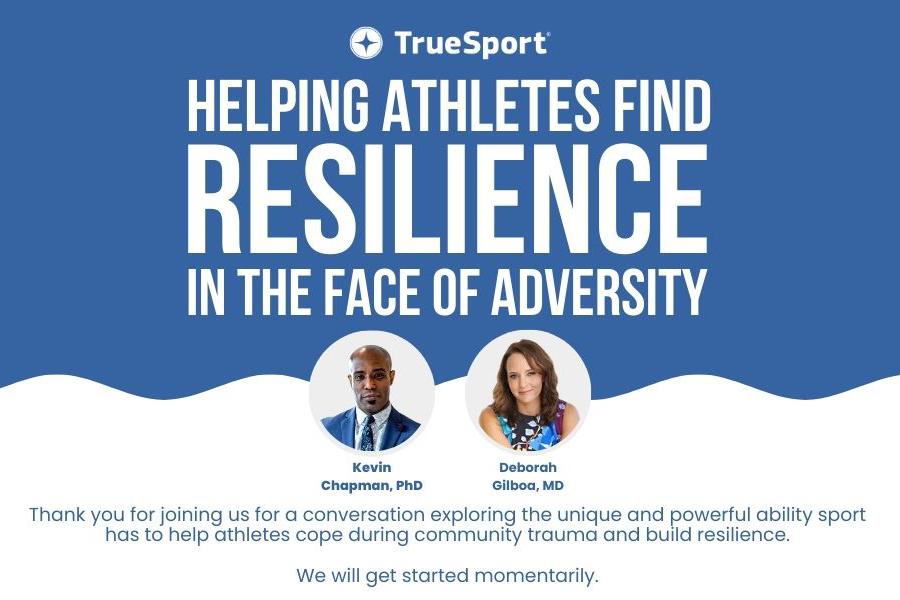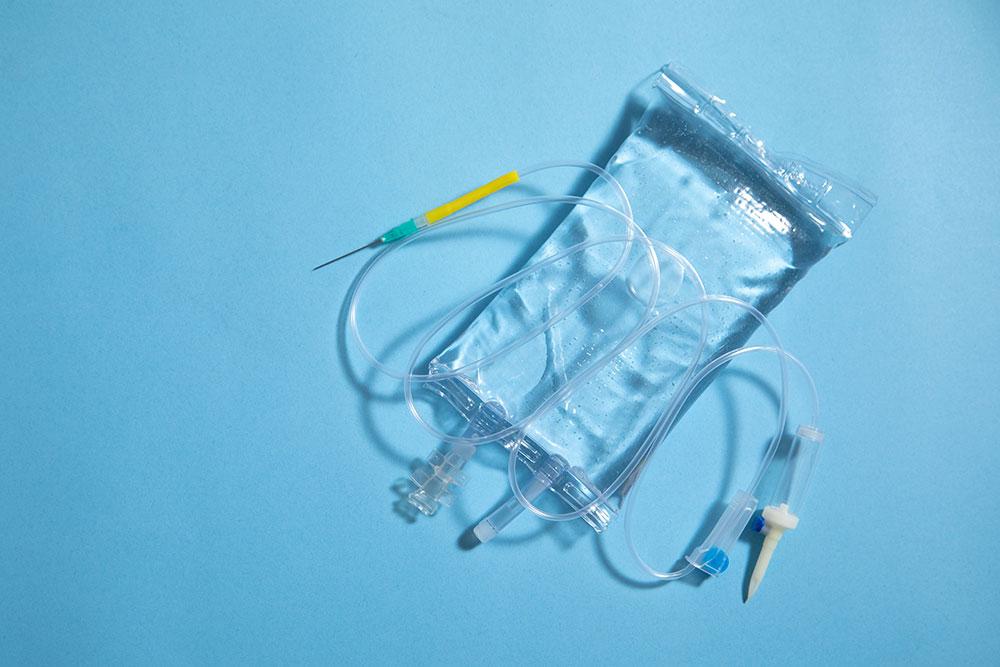It may be surprising to parents that beyond the elite athletes of the world, if you’re a member of a national sport governing body in the United States, anti-doping rules apply to all members and that includes young athletes as well. So even though they may not think they’re going to be tested, there’s still anti-doping rules in place to protect the integrity of sport in the competitions that those athletes participate in.
It may be surprising for young athletes that are subject to anti-doping rules through their membership in national sport governing bodies, that specific medications like Adderall, Concerta, pain medications, such as oxycodone, as well as asthma medications, such as salbutamol or formoterol or salmeterol are prohibited in sport. So you really need to check ahead of time whether these medications are on the prohibited list and whether they’re prohibited at all times or prohibited only in competition.
If your child has legitimate medical condition, there’s ways to get permission to use those substances in sport. It’s called a therapeutic use exemption and you can go on USADA’s website to learn more about how to apply and whether you need a TUE. With parents, I think we all have a good idea of maybe what some substances that are prohibited in sport like steroids. But beyond that, I think he needed to think about other substances that may be in foods and supplements, may be used from medications that also can have adverse effects on a young athletes body. So a good example of that is stimulants. They can cause cardiac events and affect the way an athlete may perform.
Some unexpected substances and products that young athletes might be using that are of concern; one is in energy drinks energy drinks often contain caffeine and other stimulant-like substances that can cause adverse health effects if taken in large doses. Many of those drinks are actually serving sizes made for adults. So if a young athlete is drinking a whole can of an energy drink, they may be exposed to much higher levels than what’s intended for that particular product. Another example is some high-risk supplement categories that parents might not be aware of. So when we walk into say a supplement shop, some categories, things like muscle-building substances, weight loss supplements, those can actually contain prohibited substances or they’ve actually been shown to be contaminated, in some examples, with pharmaceuticals and it’s really buyer beware when it comes to those products. They’re not tested before they’re put on the market, which exposes to quality concerns and other issues that may arise if young athletes are using those products.
Cannabinoids, of course, are a pretty hot topic. They’re becoming more prevalent as recreational use substances in our society. With cannabinoids, we all used to think that cannabinoids were ingested through just smoking, but there’s a lot of new routes of administration that particularly young individuals and actually, really all individuals can be exposed to much higher doses of these substances. For example, if you’re vaping, or dabbing, or even consuming through food, you really don’t know how much you’re taking in. There’s been quite a bit of research done with regards to cannabinoid exposure and the young developing brain. I think in particular, parents need to be aware of. These aren’t just inert substances that the effects may wear off after a certain period of time and have no chronic or long lasting effects.
It’s been shown to have effects on the developing brain and our brain continues to grow even into our early twenties. So it’s really important that athletes are aware that if they use these substances on a regular basis, they could be impairing themselves throughout life. The great news is, is you USADA and True Sport have lots of great resources that parents can go to, which are user-friendly and easy to understand. A great example of that is globaldro.com. This is a resource that’s searchable on your mobile phone or online. You can go and search the brand name or ingredients of a medication to find out whether they’re permitted or prohibited in sport.
Ways that a parent can help an athlete make sure that they’re compliant with the rules is when an athlete goes to a doctor, make sure you let the doctor know that an athlete is competing in sport and they’re subject to anti-doping rules. So there may be an alternative medication that can be prescribed that’s not on the prohibited list, and just being aware of how your particular young athlete is using these medications and making sure that you understand the rules and you’re checking their resources, as well as a double check, as well as working together with other support personnel, like an athlete’s coach to make them aware that an athlete might have a medical condition are all good ways parents can make sure that they’re helping their young athletes compete clean.



